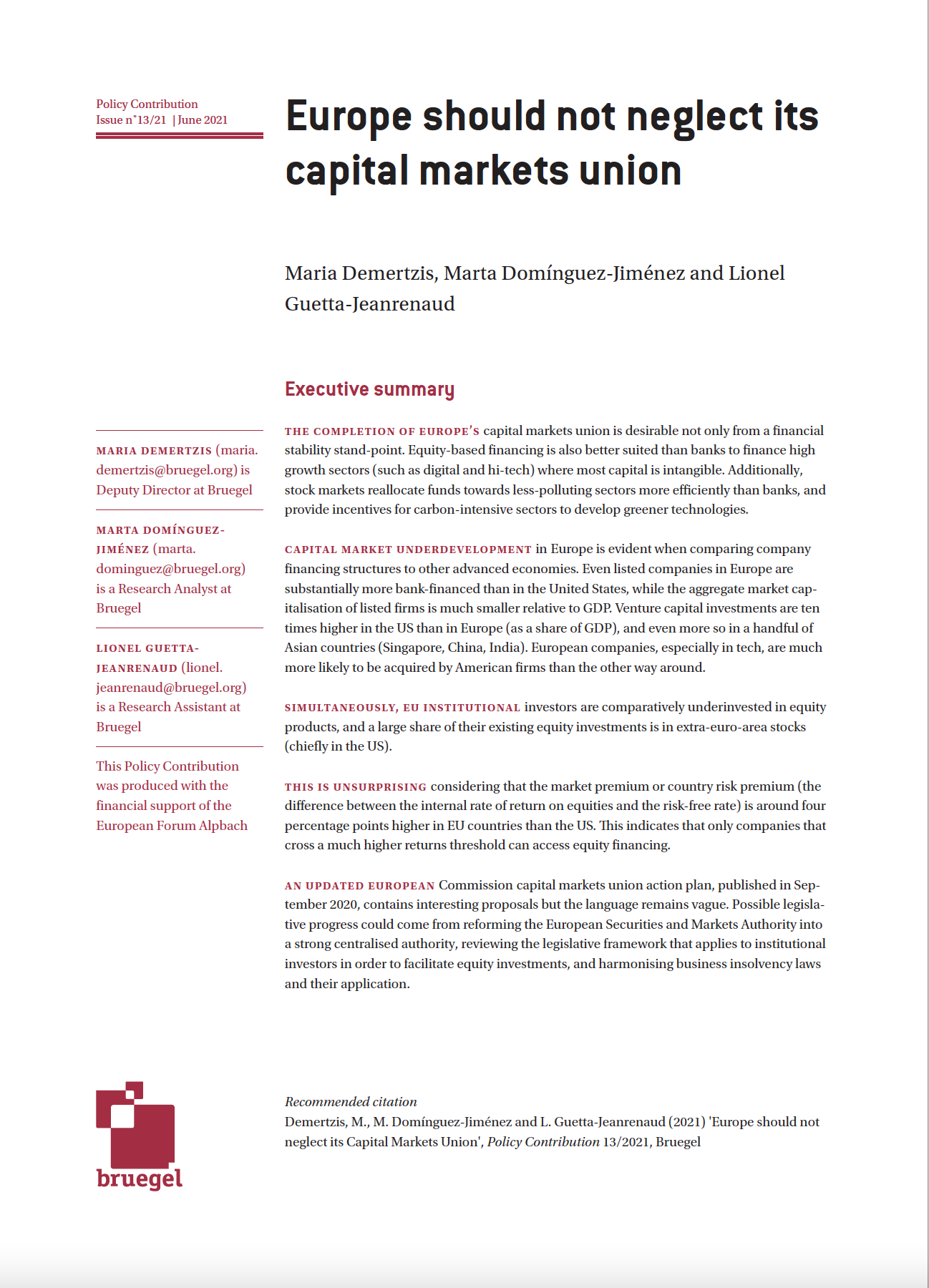Opinion
South Korea needs to watch the BOJ rather than the Fed
Due its actual economic structure, South Korea should be more worried about BOJ's extremely lax stance than about monetary policy normalization by the Fed.
As the South Korean economy has grown to become the fourth largest in Asia, its fortunes have become increasingly intertwined with those of Japan and to be less influenced by the U.S. With Tokyo and Washington embarking on opposite courses in monetary policy, Seoul should be watching the Bank of Japan more closely than the U.S. Federal Reserve.
South Korea’s economy has been one of the best global growth stories of the past four decades. The country has transformed its economic structure, gradually reducing its dependence on industrial production and expanding its technology and services sectors, which now make a bigger contribution to gross domestic product.
Externally, South Korea is becoming less influenced by the rest of the world, according to a recent empirical analysis conducted by the Asia research team of investment bank Natixis. Our study showed that only 27% to 35% of South Korea’s GDP volatility is caused by external shocks compared with 31% to 47% in the 1980s and 1990s.
Even more interestingly, according to the same analysis, South Korea’s reliance on the U.S. seems to have fallen relative to the influence of Japan. In particular, the monetary policy of the BOJ has become more important for the South Korean economy than that of the Fed.
This is particularly true in the long run: The BOJ accounts for 60% of South Korea’s externally driven output volatility over the long run — one to five years — compared with 40% for the Fed. In the short run — up to a year — the BOJ and the Fed are equally relevant to South Korea’s output volatility. This is in sharp contrast to the 1980s and 1990s, when the Fed was twice as important for South Korea’s business cycles as the BOJ.
These findings may seem counterintuitive given that exports to Japan have declined to 4% of overall South Korean exports from 22% in 1989. Shipments to the U.S. now represent 12% of South Korean exports, down from 32% in 1989.
Overlapping markets
Japan also has a significant indirect influence on the South Korea economy because of the increasingly similar export structures of the two countries which have made them direct competitors in many third-country markets.
This is particularly true for telecommunications and electrical machinery. In these sectors, the degree of competitiveness compared with the global average is very high. One way to measure this is to calculate South Korea’s and Japan’s “revealed comparative advantage” by sector, which gives an indication of the degree of specialization and competitiveness in each industry.
In these sectors, both South Korea and Japan have ratios well above one, which is considered the minimum benchmark for a country to have a relevant comparative advantage. The data thus confirms that South Korea and Japan are world leaders in telecommunications and electrical machinery and compete with each other for global market share.
In the same vein, financial links between South Korea and Japan have strengthened substantially in the past few years. Japanese banks have become important lenders to South Korean financial and nonfinancial institutions, reaching 20% of the country’s total bank borrowing, double the level in 2005.
That South Korea is becoming less dependent on the Fed is particularly obvious in the light of current expectations of further monetary tightening in the U.S. In the past, such expectations would have led to heightened volatility in South Korean financial markets, but our findings point to a much more muted impact this time.
The same is not true of the potential impact of monetary policy changes in Tokyo. The fact that the BOJ is ready to continue with its qualitative and quantitative easing programs notwithstanding the Fed tightening should be raising eyebrows in South Korea.
The widening monetary policy divergence between the Fed and the BOJ can only harm South Korea. It is likely to result in a weaker yen and thus more effective Japanese price competition against South Korean products in global markets.
In sum, South Korea should be more worried about BOJ’s extremely lax stance — and the consequences of the falling value of the yen — than about monetary policy normalization by the Fed.
Republishing and referencing
Bruegel considers itself a public good and takes no institutional standpoint.
Due to copyright agreements we ask that you kindly email request to republish opinions that have appeared in print to [email protected].









